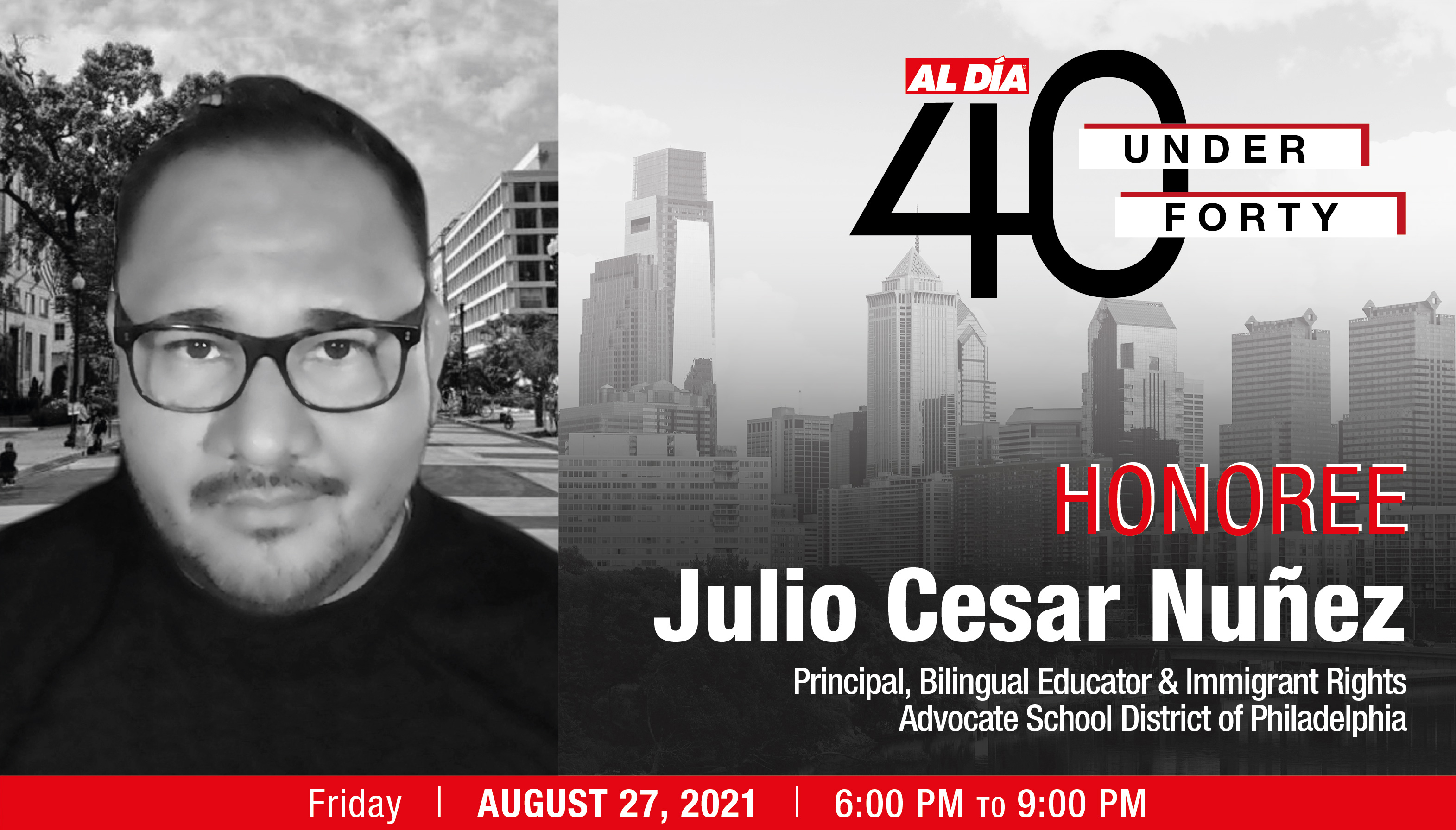
2021 AL DÍA 40 Under Forty Honoree: Julio Cesar Nuñez
At the upcoming AL DÍA 40 Under Forty event on Aug. 27, Julio Cesar Nuñez will be one of the 40 honorees.
The second annual AL DÍA 40 Under Forty event will serve to highlight and showcase some of the most diverse and impactful young professionals across the Philadelphia region.
At the event, taking place on August 27, 2021, Julio Cesar Nuñez will be one of the 40 honorees. He is a Principal, Bilingual Educator & Immigrant Rights Advocate at the School District of Philadelphia.
Julio Cesar Nuñez has worked with the School District of Philadelphia for over a decade, in a number of different roles, including teacher, assistant principal and principal. He was also a founding principal & CEO at Independence Charter School West, as well as a bilingual teacher at ASPIRA Inc. of Pennsylvania.
Nuñez is a graduate of Temple University, earning a bachelor’s degree in broadcast journalism, economics and political science, before earning a master in science of instruction from Drexel University’s School of Education.
Here are Julio Cesar Nuñez's responses:
As an immigrant to this country, I could not escape the biases one encounters when entering professional circles. I was the guy whose heavy accent defined my intellect before those who had a narrow, black and white view of the world. I was the guy with no networks; the guy who was seemingly assimilating at a much slower pace than others would have liked. I was the guy with the ethnic food in the office.
After a period of time, however, I realized that what I saw as a hindrance to my career, was in fact my biggest strength. Embracing my authenticity also allowed me to embrace a more meaningful and purposeful trajectory. My lived experiences, public narrative, and the journey of leaving my native country in search of opportunity, was nothing to be ashamed of, but rather to celebrate. There’s a beauty in knowing and being part of two cultures and two languages. One becomes more appreciative of others' differences.
Right now, workplaces, including my school district, are figuring out how to respond to the socio-racial unrest that the killing of George Floyd catalyzed. Just like we think of a pre, mid, and post-pandemic world, there is also a pre, mid and post-racist world.
In education, Diversity, Equity and Inclusion are buzzwords as well. At the same time, they are disruptive concepts. Here’s an industry that was borne on the premise that knowledge was only for the few powerful individuals who could translate it into a way of attaining and retaining more wealth and power. When the idea of a free public school was expanded in the early 1900s, it was mostly to train and graduate factory workers, with very specific skills—what we think of now as technical schools.
RELATED CONTENT
Since then, we have had some significant steps in the right direction, and modest iterations to the idea of a free, fair, and equal education. None without a fight. The case of Mendez, et al v. Westminster School District of Orange County, et al in 1947, for example, underlined the unabashed racist system that children of Mexican ancestry experienced. This was the case that laid the groundwork for Brown v. Board of Education of Topeka in 1954, and the Court’s unanimous decision that “separate educational facilities are inherently unequal.”
There is still a long, long way to go. Right now, schools across the United States are, in many cases, more segregated than they were in 1954. This is not by coincidence. It has been a matter of public policy, namely redlining, banking practices, and funding sources for public schools.
I think looking at Diversity, Equity and Inclusion without looking at the root causes and systemic practices that have prevented them for so long, is an exercise in futility. Policymakers, from district leaders, to elected officials, to principals, need to really take a deep dive into those policies and make every effort to eradicate them.
The chief mission for these groups should be to ensure funding is proportional to student need. Once this is solved, DEI goals are a matter of time. There are peripheral things we can do to accelerate them, such as recruiting, training, and hiring more teachers of color, developing culturally rich instructional materials, providing safe spaces to discuss the inequities we see. Or crafting elegant anti-racist statements within organizations. None of these measures, however, endure the test of time. Each is only as temporary as the office holder.
It is important to not move “el dedo del renglón” as we say in Spanish, to stay focused on equitable funding for public schools. That is the way we achieve a more perfect education system that serves all students, regardless of skin color, creed or language. This is how we break the cycle of poverty. Opportunity. Real opportunity. Policy tends to last a bit longer in place.
I see leadership, educational leadership as doing the right thing every time, especially those times when it is the most difficult thing to do, when you know the decisions you take, the opinions you express, the actions you engage in, will alienate you from your colleagues, your superiors, your professional circles, and may even invite others to pass judgement on your character. If my choice is in the best interest of students, I’ll be heading there.
Hopefully employed. I would like to continue to work with communities that have been disenfranchised, written off even, and help empower them toward self-advocacy, that includes low-income, immigrant and minority communities, such as the one I have the honor of serving now. I truly believe that the strongest voice is our own. I am an example of that.


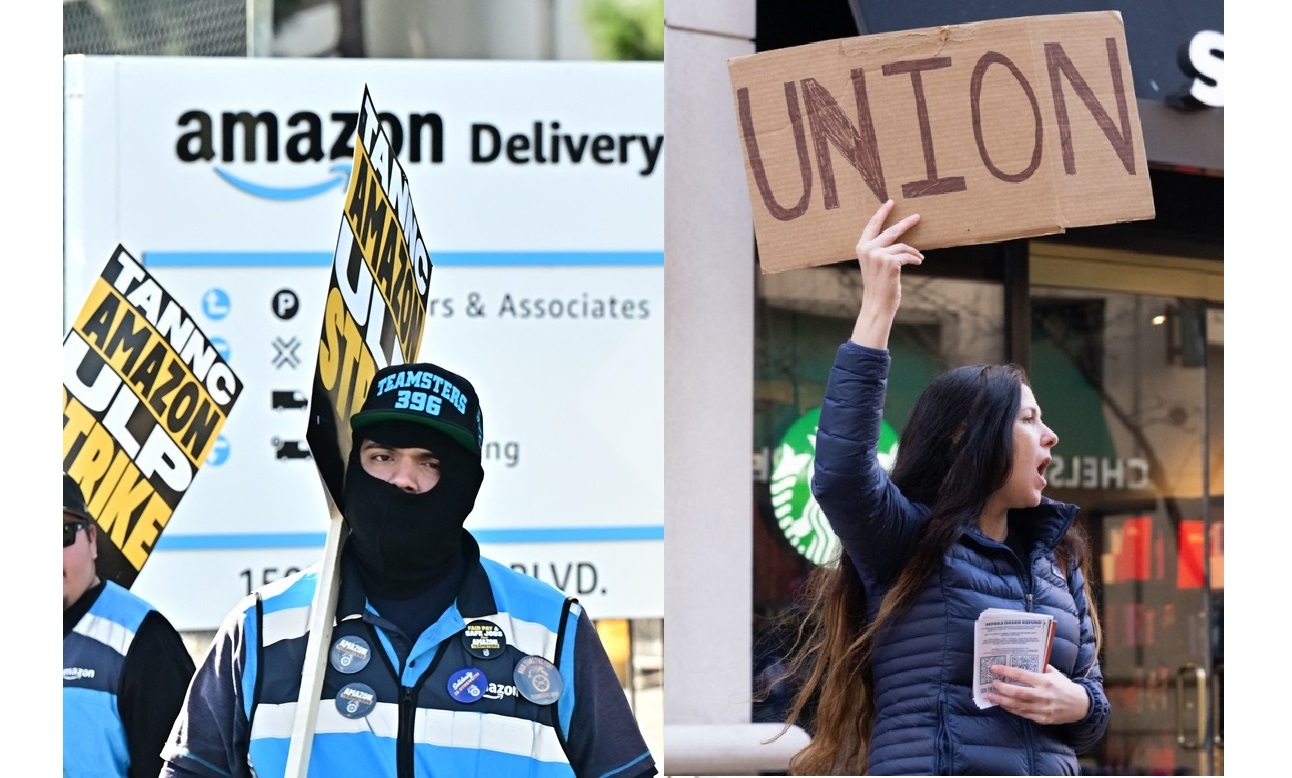
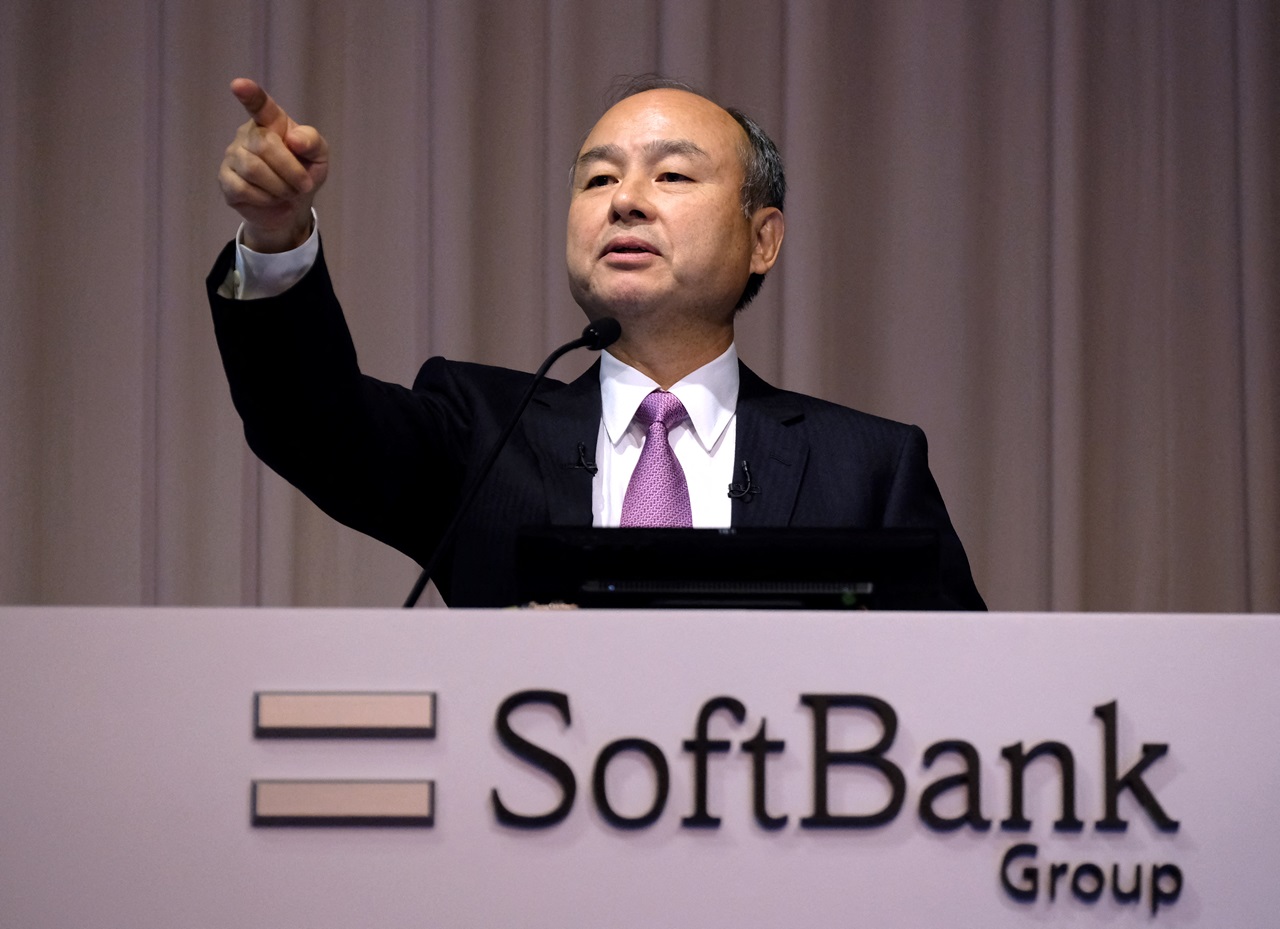

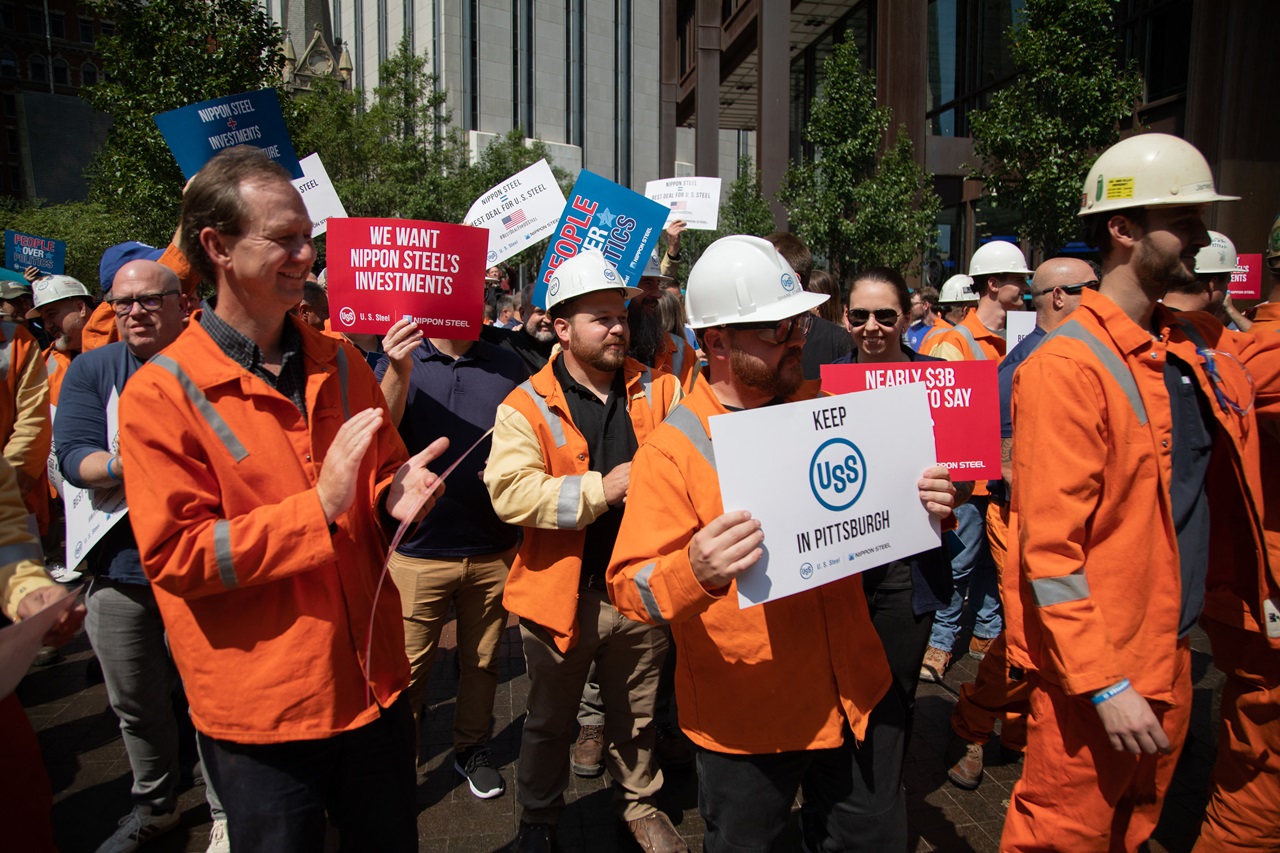
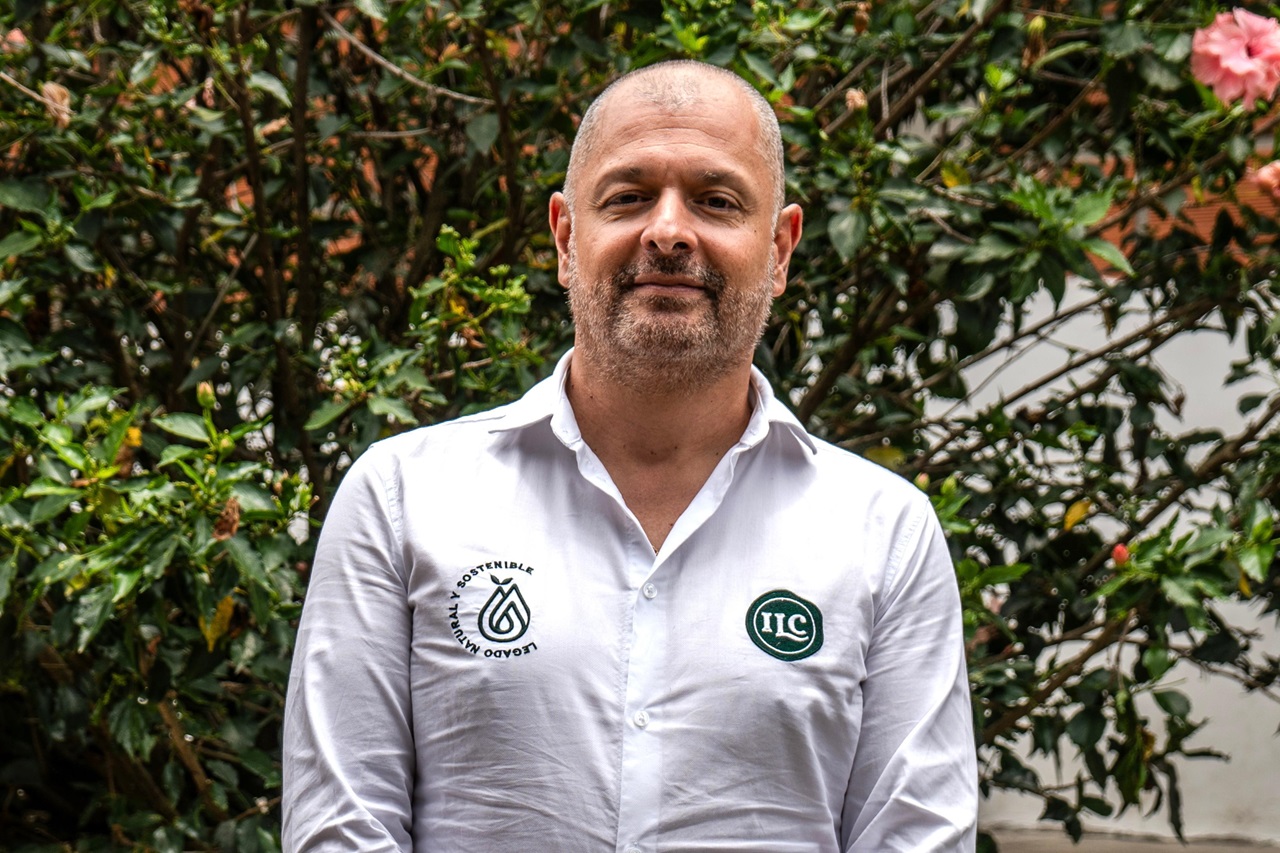
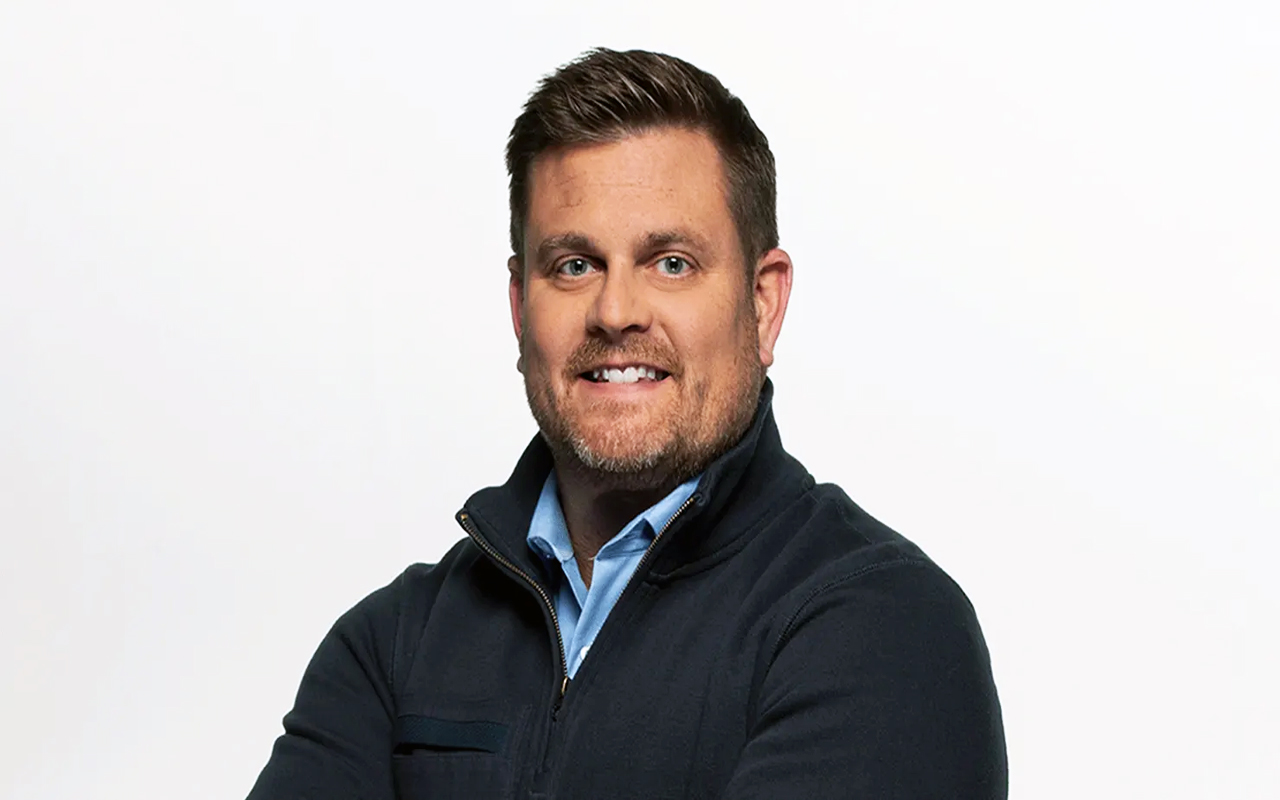

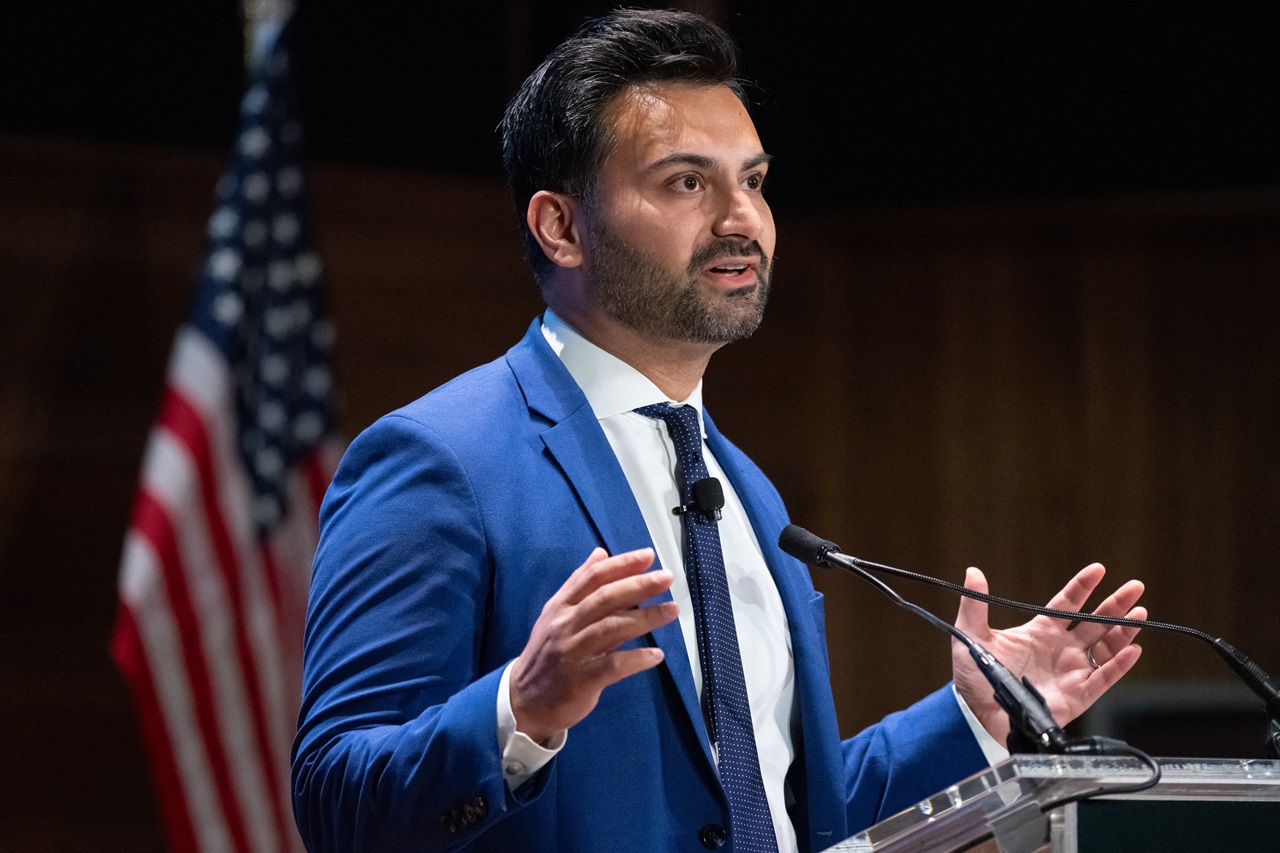

LEAVE A COMMENT:
Join the discussion! Leave a comment.